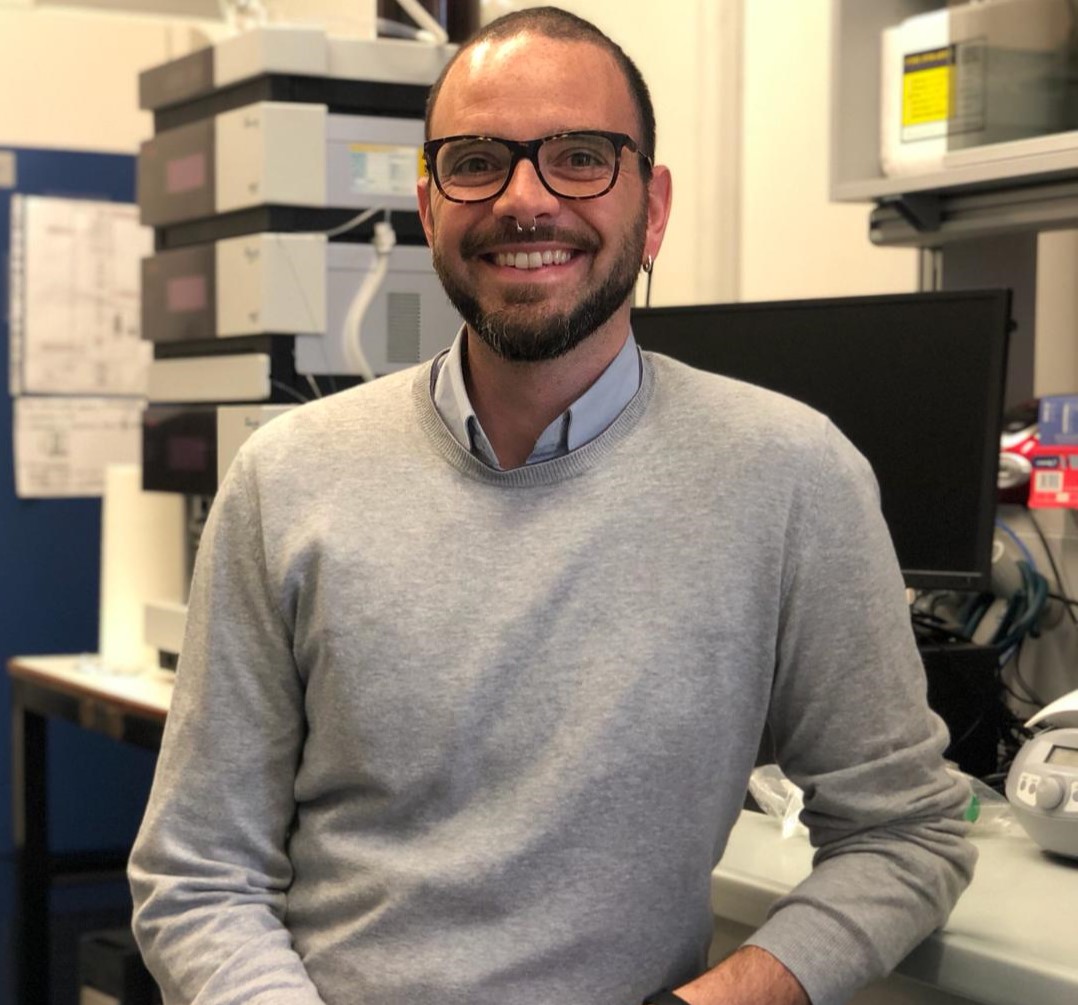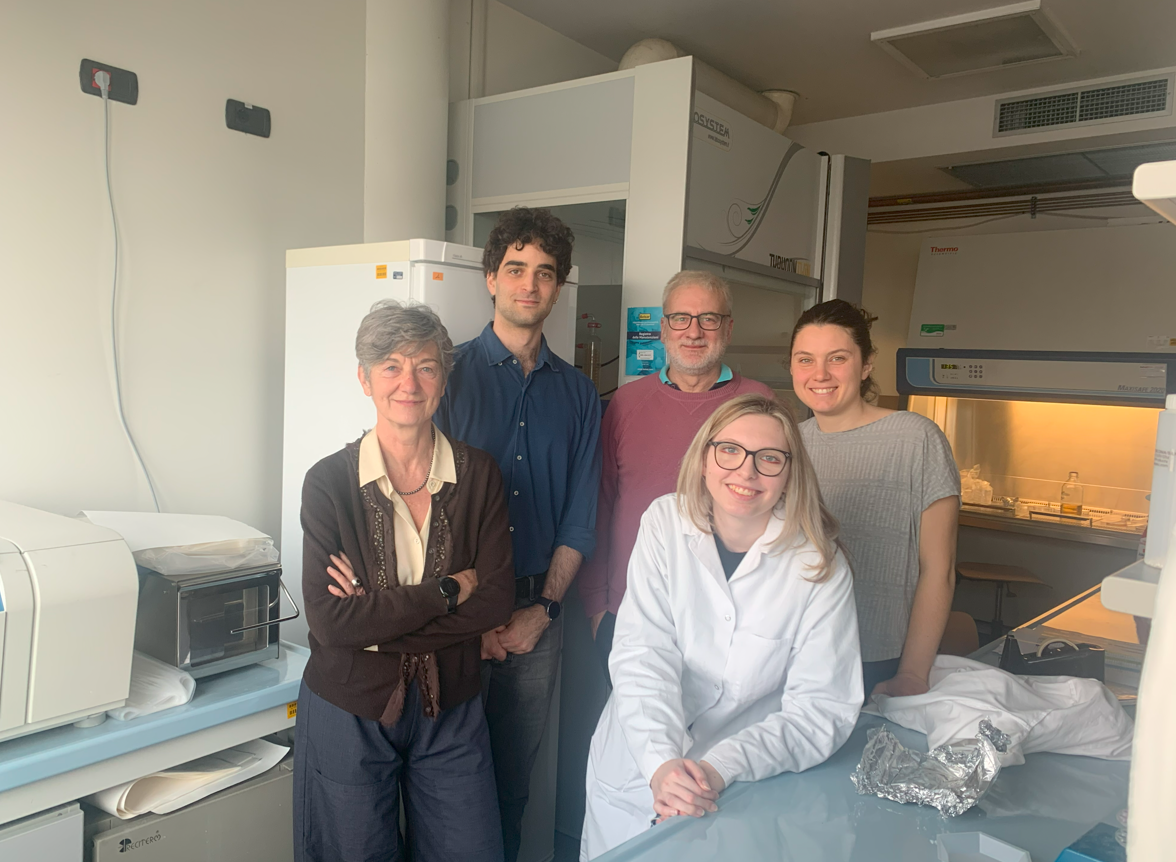The University of Brescia (UNIBS) has launched some revolutionary projects to tackle field spreading issues and develop more sustainable agricultural products. At the heart of these initiatives lies biorefinery, an innovative practice aimed at transforming agro-industrial organic waste into useful products for agriculture, such as biostimulants and biopesticides. The research, conducted by the Agro-Food and Environmental Microbiology Platform (PiMiAA) at the University of Brescia, is headed by Professor Emanuela Gobbi and focuses on solid-state fermentation of waste using beneficial fungi.
Dr. Gregorio Peron, a researcher in Food Chemistry at (UNIBS), emphasizes the importance of this initiative, highlighting the problem of the enormous quantities of agro-food waste produced each year whose disposal has a negative impact on soil and plants. Fungal biorefinery harnesses microorganisms from the fungal kingdom, which, through solid-state fermentation, convert organic waste into a fermented mass rich in substances beneficial to plants.

One of the ongoing projects, called "TrichEco", focuses on studying the biostimulant fungus Trichoderma and its microbial ecosystem. The project aims to produce biostimulants from agro-food waste and test them to improve the quality and resistance of tomato and rocket plants. The "RiAPro" project, which also involves professors Ivano Alessandri and Elza Bontempi from the Department of Engineering, aims to obtain beneficial fungi and biopesticides for tomatoes through solid-state fermentation. Professor Gobbi enthusiastically announces the development of a medium-scale prototype in the last year, emphasizing the importance of encouraging preliminary data that secured funding for the project.
Finally, the University of Brescia participates with PiMiAA, in collaboration with prof. Fabrizio Torricelli of the DII of Engineering, to the international project "Bioact," led by the University of Turin, with the goal of improving the resilience to climate change of Mediterranean agricultural ecosystems, focusing on wheat cultivation and leveraging the potential of the Trichoderma fungus. These projects not only represent a significant innovation in sustainable agriculture but also offer concrete solutions to reduce field spreading and promote greener and more responsible agricultural production. In addition to these projects, there is "Brescia capitale della coltura 2023", in collaboration with the SantaGiulia Academy of Fine Arts, which aims to produce biomaterials from agro-industrial waste for artistic productions.


